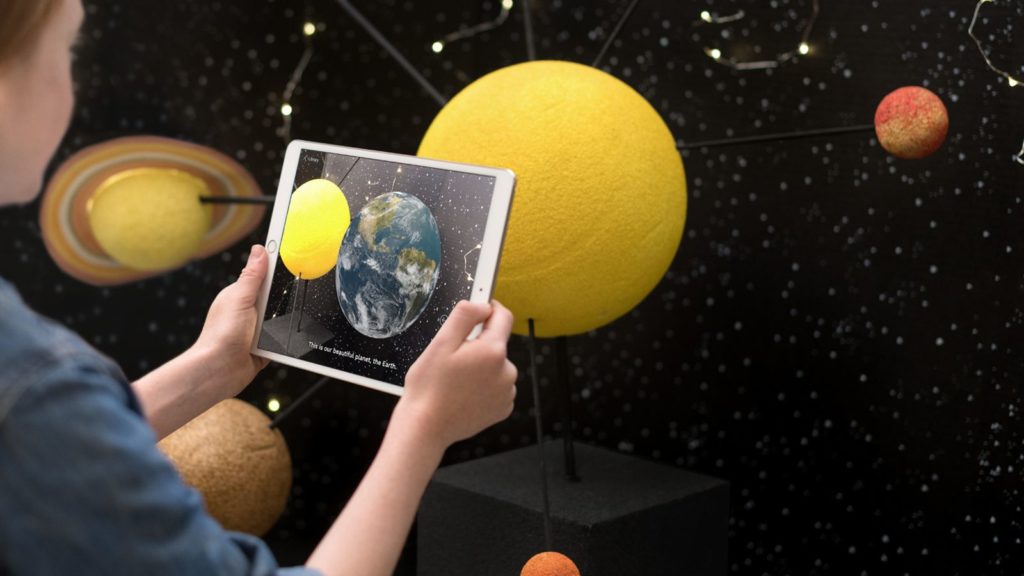South Africa’s online dating scene is shifting in 2026 as users move away from endless swiping toward niche apps focused on values, safety, and real connection.
AI and machine learning effects on SA education, good or bad?

Let’s look at the impact ChatGPT and machine learning including other new tools have on education or do they possess the potential to disrupt the education sector?
While artificial intelligence and machine learning should be embraced by teachers all around, as it poses a benefit to the quality of teaching in order to boost creative thinking, blocking access to these new tools may just be futile.
With all the hype around ChatGPT, Adam Fairall, College teacher at the Department of English and History at Reddam House Atlantic Seaboard, reports how imperative it is for South Africa to embrace the new almost radical disruption to both education and the workplace.
“Teachers and schools cannot simply ignore or block access to these systems that have been let loose on our students. There is no way to block or mitigate this kind of technology, nor is this an attitude that should be adopted in education. We must, as learning specialists, accept and make use of this new and exciting opportunity.”
AI provides learners including teachers with unimaginable opportunities.
“If used correctly, it decreases the time it takes to prepare lessons by 80%. This gives teachers more of an opportunity to assist students with learning barriers and to deliver better lessons,” according to Fairall.
Considering the pandemic, teachers and students have been through a huge amount of growth digitally in South Africa over the last few years, which made people far more receptive to new digital tools in both the classroom and work space.
“By actively engaging AI, both preparation and learning can be quicker and more efficient in the long run. It does however mean that traditional forms of take-home assessments like essays are no longer viable.
“Instead, we as teachers need to think more flexibly about how we plan on assessing students. Machine Learning will force students to become more practical, being assessed not on their knowledge but rather on their understanding of a concept on how well it is practically applied to solve problems.”
AI learning can provide lesson plans that can be crafted digitally in minutes using ChatGPT, an example being the prompt: “Act as a Geography teacher and create a lesson on wet and dry adiabatic laps rates for 14-year-olds.”
“This can then be honed in and specific curricula could be referred to or particular learning outcomes fine-tuned and deliverables could be discussed.”
From the perspective of a student, they could be given a writing task where Chat GPT could be used to write the introduction for a literature essay on Macbeth by William Shakespeare.
- The students could critically analyse this introduction and comment on language elements and contextualization of the text in relation to the story.
- Students can be assessed on their application of what they have learned rather than baseline knowledge of a concept.
- Machine learning will free up both educators and students from the administrative functions of learning, allowing them to think more creatively, diversely, and ultimately spend more time applying knowledge rather than wasting costly teaching time with administrative functions.
Tools such as DALL.E 2, an image generation tool allows the use of natural language, while AI gives you an image based on the type and style of instruction.
Fairall adds: “There is also an organization launching an instructional design tool called NOLEJ.AI, specifically for educational institutions.”
“This tool turns videos, PDFs or URLs into fully compiled lessons that can be shared directly with students as a form of baseline assessment.”

